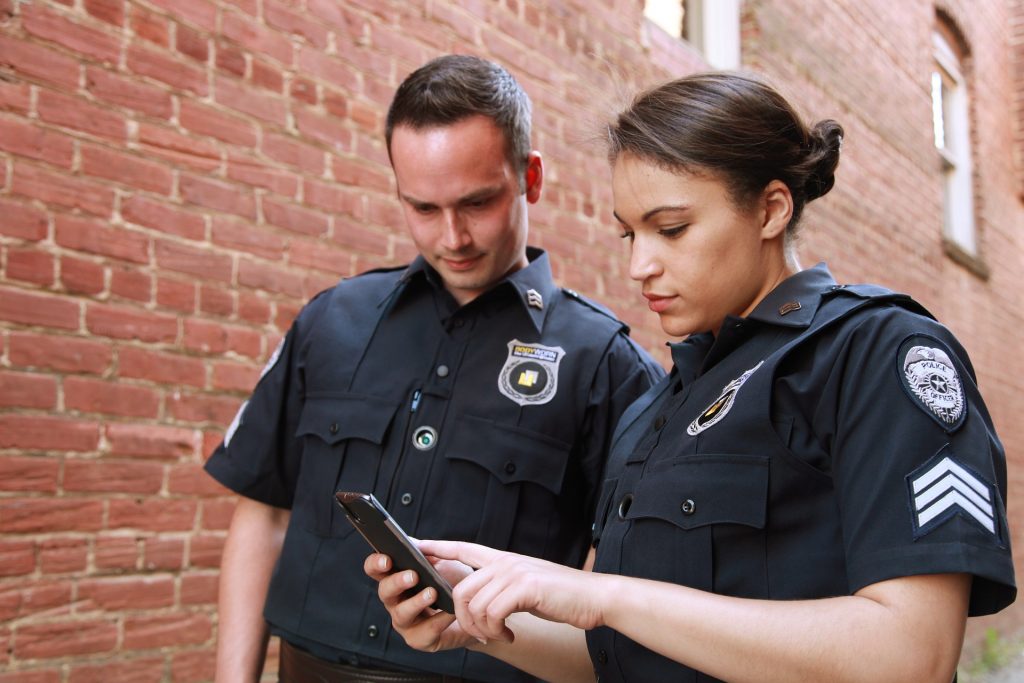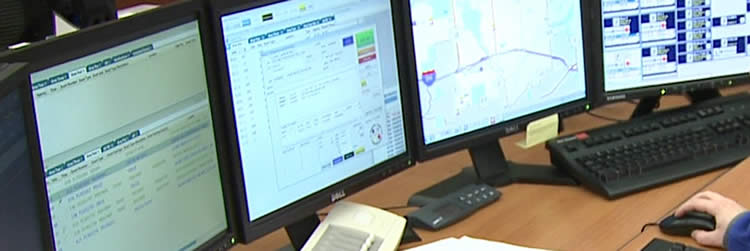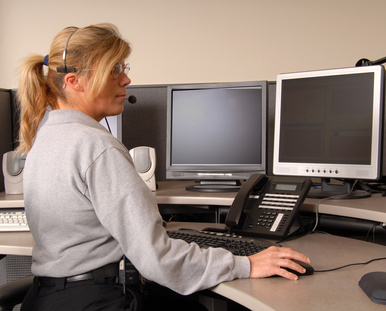

If you work as a first responder, then you may face difficult circumstances every day when you are on the job. Build cross-cultural confidence via Spanish training.
Doing your job in the right way is difficult enough when everyone speaks the same language. If you have a multilingual community, an emergency occurs that involves a language barrier it is a recipe for a potential disaster.
There are some key reasons why learning Spanish (or another second language) is essential in today’s world.
If you live in a bilingual community, then there will be emergencies where a language barrier is present between English and Spanish. Not knowing what the other person is saying to you will slow down your response time in an emergency. Even if a translator is present, there is still a delay which occurs in the processing of critical information. When time is critical, you must be able to understand what is being said to you or be able to issue instructions which could save a life.
When a language barrier exists between a potential victim or witness and a first responder, the emotions of the incident make it challenging to communicate non-verbally. Even if such a transition occurs, what you’re doing is creating a high-risk game of Charades. If you misinterpret what someone is attempting to say, not only does that create a safety problem for everyone involved, it can further escalate the incident which has occurred. From a dispatch standpoint, it allows you to understand the situation, identify the location, and get people to where they need to be.

When you learn a new language, you’re doing more than understanding words or phrases that can be used. You are getting to know a brand-new culture and its customs. As a first responder, one of your goals is to improve local safety. The best way to do that is to forge relationships with your community whenever possible. When you learn how to speak Spanish, even if it is basic and conversational at first, you are taking steps that the city will recognize and respect you for taking.
In a problematic situation, calling a language line for a translator might be a usable resource. The issue that you’re facing is that the translator you receive has no concept of what is going on at your scene. You’re even forced to wait on the phone until the translator has time to take your call. This resource places you into a situation where the best-case scenario is providing an impersonal service. Learning how to speak Spanish will help the community get closer to you as a first responder, creating more opportunities to improve if an emergency should occur.
Some first responders are learning a second language during working hours. This is a noble venture and should be celebrated whenever it occurs. The issue here, of course, is that you cannot go beyond a few phrases in Spanish when you start learning the language if there are only a handful of days dedicated to the training.
If you’re in a classroom learning, then someone else is covering your shift too. In the public safety community, taking on this learning adventure allows you to use every perspective around you to begin understanding the new language. For some, the cost of learning outside the training room might also be something that is repaid.
That is why utilizing online training technologies is to your advantage. You can incorporate the same powerful training that is delivered in the traditional classroom without interfering with your duty schedule. You stay on the job, learn at your own pace while taking advantage of the convenience of online structures with a significant upfront investment.

Being more effective as a first responder opens more doors for your career in the future. The number of jobs in this field where being bilingual is a screening requirement is continuing to rise. From 2010 to 2015, the New American Economy reports that the number of job postings in the United States which were specific to bilingual candidates more than doubled.
Over 60 million people in the U.S. speak a language other than English in their home, according to information released by the U.S. Census Bureau. The most common alternative language spoken is Spanish. Taking the time to learn a second language will give you a useful skill that can help you follow whatever career path you envision for yourself.
Learning a new language gives you access to a wide range of mental benefits. Bilingual people have better memory retention, improved critical-thinking skills, and switch between competing tasks with less time lost when compared to those who only speak one language. There are problem-solving benefits and higher focus levels associated with a second language as well. If you’re called into an emergency, seconds count. The benefits of learning another language give you new opportunities to respond appropriately.
Let’s say that you like to watch soccer. There are commentators in English who describe the game in one way, while commentators in Spanish make observations with their unique perspective. When you can speak both languages, then you have access to both sources of information. If you only speak one language, then you only have access to half of the story.
The same thing is true when you’re on the job. Relying on a translator when there is a language barrier means you’re relying on that person’s interpretation of the words which are being spoken. What if they aren’t telling you the truth 100% of the time? Would you have any way of knowing this? By speaking a second language, you can eliminate this concern.
Most people learn a new language by translating words and phrases into their native language for understanding. It’s like having a translator in your head. This process does something unique. It distances your thinking patterns from the emotional responses that thoughts create in your native language.
Thinking in a second language is so powerful that the process limits the power of unconscious bias. It results in decisions which are logical and systematic, based on the facts of the situation you face as a first responder, instead of an emotional response.
When you learn your first language, most of what you begin to understand occurs before the age of 5. You’ll learn phonics, grammar, and vocabulary throughout your school years, but it is those first few critical exposures to language, at home, which sets the stage for enhanced future learning.
If you start to learn a second language, such as Spanish after learning English, then the nuance of sentence construction, conjugation, and comprehension required to be successful will help your first language skills. You will find it easier to communicate with others in both languages over time.
As a first responder, you must be prepared for anything when you are called into a situation. There will always be unknowns that you face. If you take the time to learn a second language that is spoken in your community, you will be able to take control of one of those unknown scenarios. Even the smallest kernel of doubt is enough to create a hesitation during a critical moment. In an emergency, one cannot afford that hesitating moment.
You will find that the self-confidence of a second language has a trickle-down effect in other areas of your life. You become more open, aware of other perspectives, and that causes people to gravitate in your direction.

As a first responder, your community networks are an important part of who you are and how you serve. Community leaders who speak a different language become part of that network when you can understand their perspectives and opinions. You’ll be able to appreciate your neighborhoods, your businesses, and each family in your community on a very different level when you begin to learn Spanish.
When you have that understanding, then you create a deeper level of trust. With that trust, you will find that professional relationships are much easier to form.
Learning a second language, specifically Spanish, is difficult for many people at first. There is a struggle that goes on in the mind, trying to enforce a native language over the second language. As with any skill, the more you practice a second language, the more confident you will be in speaking, thinking, and writing it in the future.
Are you looking for specialized Spanish training? Police officer, correction officer, 9-1-1 dispatch, animal control, firefighter, EMT’s, park rangers check out this online Spanish training that puts you in the driver’s seat.